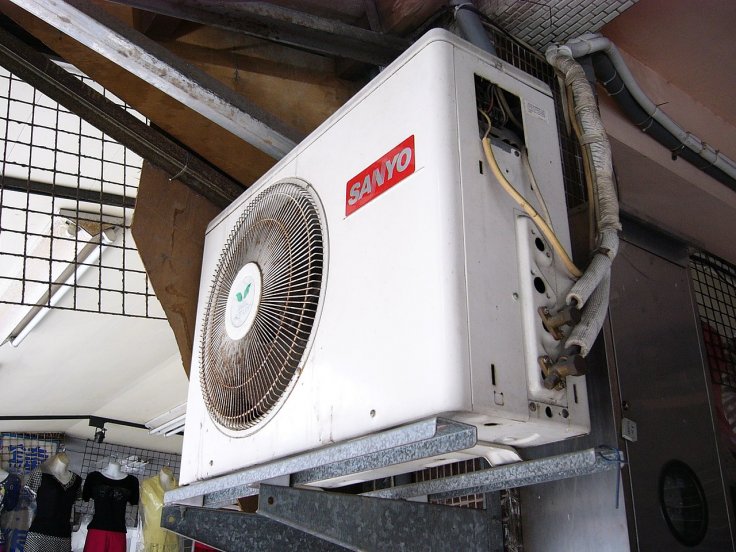
For some reason, air conditioners emit foul-smelling cold air, especially when they get old. The reason behind the bad smell had been uncertain to most until a new study has revealed that dead human skin cells are to blame.
Researchers from the Department of Biology at Hong Kong Baptist University have found that tiny bacteria in air conditioning systems feeding on human skin produces an ammonia scent. In the study published in Indoor Air, the researchers examined four fungal species and seven bacterial species often found in both single-room air conditioners and air conditioning units.
Also read: Bacteria in milk may trigger rheumatoid arthritis
Results are firm that the keratin absorbed in the bacterial meal of skin flakes, also known as squames, cast off from the human body are the primary source of aircon stench. This produces ammonium, a chemical that smells like urine.
Additionally, other compounds present on skin cells, such as fatty acids and lipids, have the capability to spit out odors when beaten up by the bacteria commonly found in the appliance.
A prior study had identified two airborne species of bacteria called Staphylococcus haemolyticus and Methylobacterium organophilum, which account for the majority of microbial species found in air conditioners.
The authors have noted the only way to control the foul-smelling scent in air-cooling units is to cut down the amount of sloughed-off skin cells from penetrating the appliance.
"For long-term odor control, it is important to reduce the level of skin squames entering the AC units," reads the authors' statement.
Ka-man Lai, a co-author in the study, adds that installing "an appropriate filter to capture the skin squames in the air" is the simplest way to prevent dead skin flakes from entering the units.









